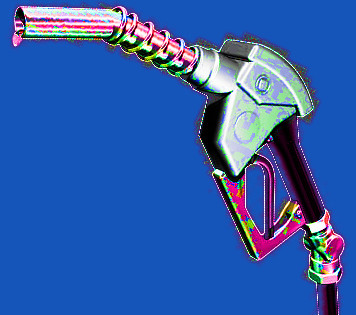CEO fuel deal slammed
 The South Australian ombudsman has highlighted maladministration in a “generous” council allowance for CEO vehicles.
The South Australian ombudsman has highlighted maladministration in a “generous” council allowance for CEO vehicles.
South Australia's ombudsman Wayne Lines has issued a report on an unnamed council’s chief executive fuel card.
He says that the regional council committed maladministration by giving the CEO a fuel card when he was also being paid a vehicle and mileage allowance.
The council CEO was paid a $15,000 flat fee each year as part of his salary to compensate him for not having a council car, but the same CEO was allowed to claim 77 cents a kilometre when he travelled for council business and had access to a council-issued card to pick up his fuel bills.
Mr Lines said it was a “particularly generous arrangement”, with the fuel card a “duplication” in covering the cost of petrol.
“The CEO should have received one entitlement or the other – not both,” Mr Lines said.
“I consider the council committed maladministration.”
The council has carried a motion in 2015 to allow its CEO to be reimbursed at 77 cents per kilometre for his own car, despite the Australian Tax Office recommended mileage rate of 68 cents per kilometre.
Mr Lines said that in 2018, the chief executive's performance review report clearly included the vehicle and mileage allowance, as well as a fuel card for “business use only”, with a motion amended to remove the reference to “business use only”.
“This is evidence of a clear intention by the elected members that the fuel card could be used for both business and personal use,” Mr Lines said.
Also in 2018, the council passed a resolution to amend the mileage rate in line with the ATO recommendation, but continued to reimburse the chief executive at 77 cents per kilometre after the motion.
Mr Lines found that in 2019, the CEO received his $15,000 vehicle allowance, claimed $18,188 in mileage and spent $6,155 on the fuel card.
He was assigned a council-owned car in 2020.
Mr Lines said it was an “error” to pay the chief executive the higher mileage rate between December 2019 and October 2020.
His report found that the chief executive claimed he needed to travel more in 2019, racking up 22,255 km for work, as well as 8,606 km for private purposes.
“The council has been unable to provide a clear rationale as to why it determined to provide the CEO with a mileage allowance, in circumstances where the CEO was already receiving a vehicle allowance,” Mr Lines said.
“The council has also been unable to provide a clear rationale as to why it subsequently introduced a fuel card, in addition to the two other allowances.”
The report is accessible in PDF form, here.








 Print
Print